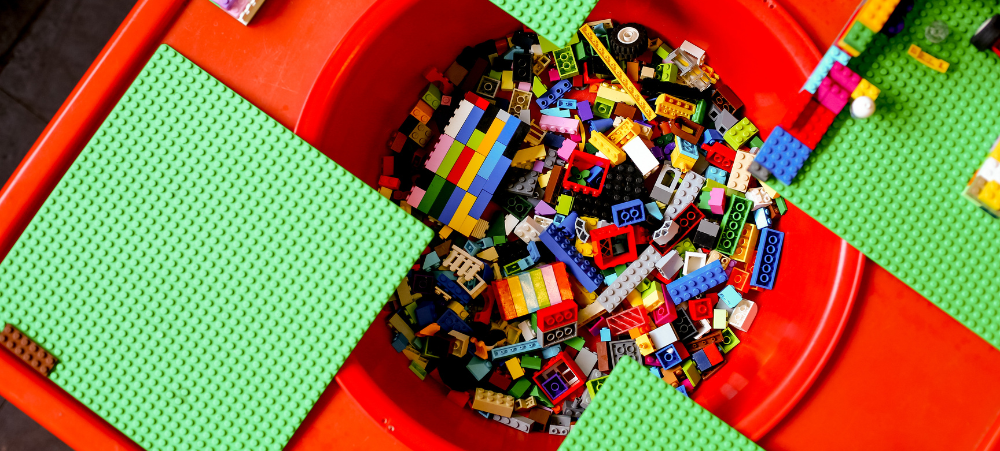The teenage years are a time of transition, growth, and challenges for both parents and children. As teenagers enter high school, they face new academic, social and emotional pressures that can affect their well-being and behaviour. While this time might feel perplexing and very challenging for parents, they play a crucial role in helping their child navigate the transition from childhood to adulthood, an education expert says.
“Many parents find it hard to understand and connect with their teenagers, who may seem distant, rebellious and unnecessarily moody. However, effective communication is arguably the most effective strategy to help parents navigate the teenage years and support their teenagers’ development,” says Desiree Hugo, Academic Head at ADvTECH Schools.
But while most people probably understand and value the importance of effective communication, making effective communication happen is easier said than done for a great many parents of teenagers, she notes.
Hugo says parents must acknowledge that high school represents a big change for teenagers, who have to deal with more complex and demanding coursework, higher expectations and increased competition, amidst new friendships and social environments.
“They have to make important decisions about their future, such as what subjects to take, what career to pursue, and university choice. These decisions can cause constant stress and anxiety for teenagers, who may feel overwhelmed or uncertain about their choices.”
“Teenagers may experience bullying, harassment, or discrimination from their classmates, teachers, or online. They may also face temptations to engage in risky behaviours, such as smoking, drinking, or using drugs. High school can also affect teenagers’ emotional development, as they go through hormonal changes, mood swings, and identity issues,” says Hugo.
“It is important for parents to understand their children’s well-being, and that they often feel isolated, misunderstood, or unsupported by their parents, who may not know how to deal with their emotional needs.”
THE ROLE OF EFFECTIVE COMMUNICATION
Building an environment characterised by effective communication is essential for parents to help their teenagers cope with the challenges of high school and foster a positive and trusting relationship, says Hugo.
“Effective communication can help you and your teenager understand each other better and avoid misunderstandings or conflicts and build trust and respect for each other’s perspectives and choices. You want to be the first person your teen contacts when they are facing difficult decisions and situations.”
Effective communication benefits your teenager’s academic, social, and emotional development. By communicating effectively, you can help your teenager:
- Improve their academic skills,
- Develop their social skills,
- Enhance their emotional skills and resilience,
- Boost their self-esteem, self-confidence, and self-identity, and
- Prevent or reduce their involvement in risky behaviours.
- Build trust in family relationships
GUIDELINES FOR EFFECTIVE COMMUNICATION
Hugo says developing effective communication skills is a marathon, not a race, but that consistently being aware of the benefits will ultimately be rewarding for both parent and child. She advises parents to consider the following guidelines:
- Choose a good time and place to talk, when you and your teenager are both calm, relaxed, and free from distractions.
- Use open-ended questions, such as “How was your day?” or “What are you interested in?” to invite your teenager to share their thoughts and feelings.
- Use active listening skills, such as nodding, smiling, or paraphrasing, to show your interest and attention.
- Use positive feedback, such as praise, appreciation, or encouragement, to acknowledge your teenager’s achievements and efforts.
- Use “I” statements, such as “I feel” or “I think” to express your own thoughts and feelings, without blaming or accusing your teenager.
- Use assertive communication, such as “I need” or “I want” to state your own needs and expectations, without being aggressive or passive.
- Use compromise and negotiation, such as “Can we agree on?” or “Can we find a middle ground?” to resolve conflicts or disagreements, without imposing or giving in.
- Use humour and fun, such as jokes, games, or activities, to lighten the mood and bond with your teenager.
- Use empathy and compassion, such as “I understand” or “I care” to show your support and understanding for your teenager’s challenges and emotions
- Don’t underplay your teens concerns by highlighting future positives, let them live in the moment and acknowledge the concern.
“Effective communication is not a one-time event, but a continuous process that requires patience, practise and perseverance. The more you communicate consistently and effectively with your teenager, the more you will strengthen your relationship and enhance your teenager’s social, academic and personal development journey,” says Hugo.
targeted toward Parents.
We understand that there are many aspects that encompass a Mother, Father or Child and strive toward providing resources and services that accommodates
this.
Our content is aimed to inform and educate families on issues starting from
pregnancy through to the challenges of the teen-age years.
- Spring’s Hero Salad: Fresh, Filling & Full of Flavour - October 8, 2025
- Screen Time Strategies: Finding Balance in a Digital World - October 8, 2025
- Mindful Parenting: Staying Calm Amid Chaos - October 7, 2025





